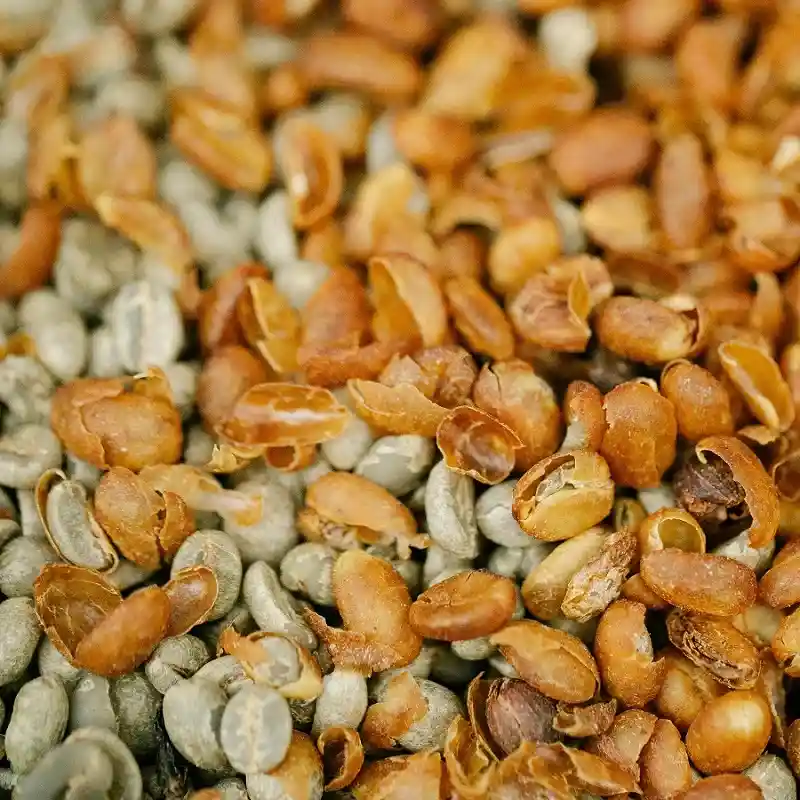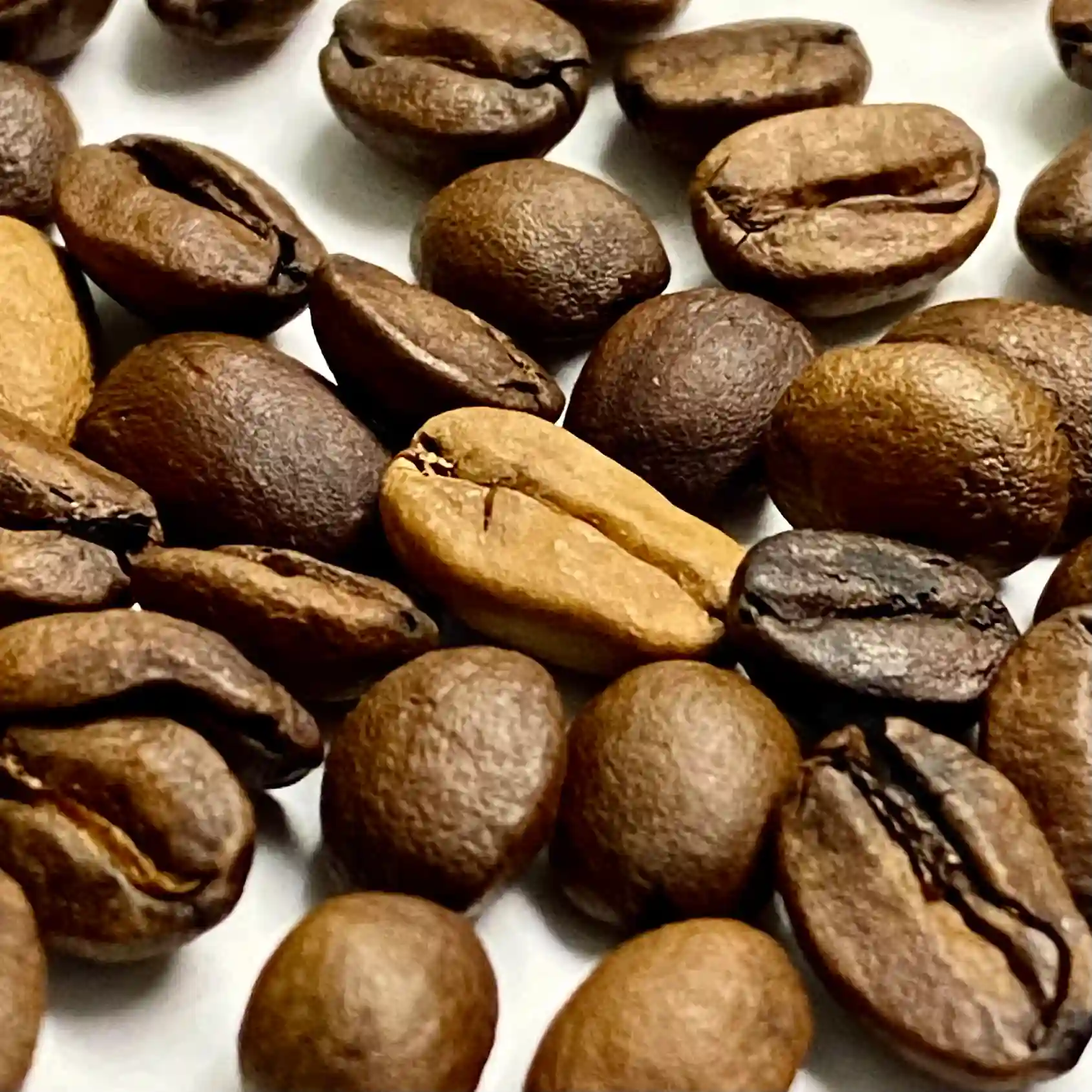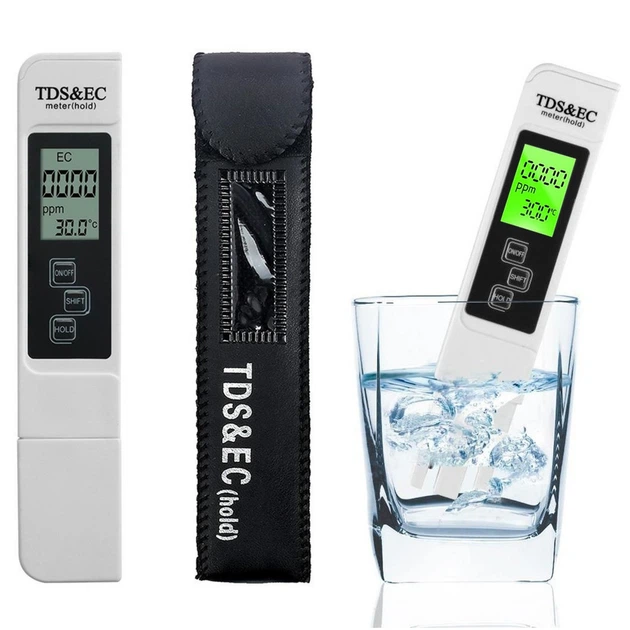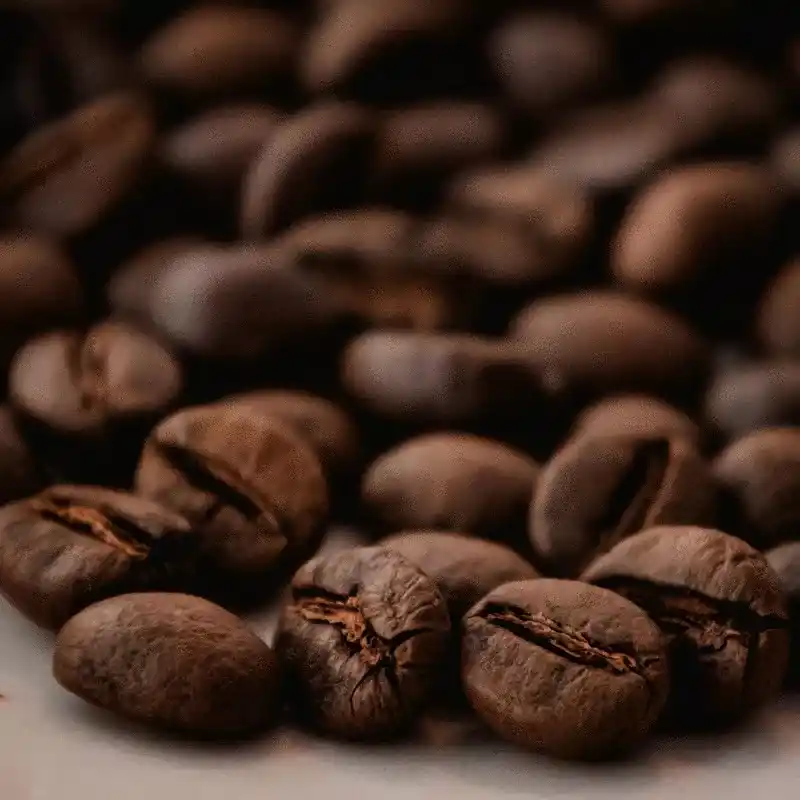Coffee is more than just a drink. It is an opportunity to stop for a moment, feel warm and recharge your batteries. Its aroma and flavor give you peace of mind and help you get ready for productive work. It accompanies us in different situations, from waking up in the morning to relaxing in the evening, adding both comfort and energy. Each sip becomes a small ritual that allows you to collect your thoughts and tune in to new achievements. A cup of coffee has become an integral part of our daily lives, creating a balance between rest and work, and helping us stay energized at any time of the day.
What is calorie and nutritional value?
Caloric content is the amount of energy the body receives from a product. The main components of a bean drink are proteins, fats and carbohydrates, although their amounts are very small. The main nutrients in coffee beans are caffeine, antioxidants and organic acids.
For weight watchers, it’s important to understand the number of calories in black coffee and its variations, because even minor additives can change the energy value of the drink.

Basic calorie content of black coffee
The pure cereal drink is low in calories, containing about 2 kcal per 100 ml. Accordingly, a standard cup (200 ml) contains only 4-5 calories. This makes black coffee without sugar an ideal choice for those who are watching their weight.
The number of calories in different types of coffee
Unlike a low-calorie cereal drink, instant coffee may have a few more calories due to possible additives. The calorie content of instant coffee can vary, but it is usually around 5-10 calories per serving without additives.
| Type | Calories (per 100 ml) | Comments |
|---|---|---|
| Grain | 2-5 kcal | Pure black coffee with no additives, minimal calories. |
| Soluble | 4-10 kcal | Depends on the brand and method of preparation, often contains additional ingredients. |
| Jacobs (soluble) | 5-7 kcal | Typical calorie content for popular instant coffee brands. |
| Nescafe (instant) | 6-8 kcal | It dissolves easily but has slightly more calories than bean coffee. |
The table shows the average number of calories in coffee without additives. Depending on the type (bean or instant) and brand, the calorie content may vary.
Factors affecting the calorie content of coffee
The energy value of a pure drink depends on several factors. The first of which is the method of preparation.
Arabica usually contains less caffeine than Robusta and has a more distinct flavor. Do these differences affect the nutritional value? Not at all, since both types contain the same components: water, organic acids, antioxidants, and caffeine. The degree of roasting also has virtually no effect on the calorie content of the drink.
How many calories are in coffee with additives?
The calorie content of coffee with additives increases significantly depending on what ingredients are added to the drink. For example, if you add sugar to black coffee, you will get additional calories: one teaspoon of sugar (5 g) adds about 20 calories. In coffee with milk, the calorie content depends on the type of milk. Cow’s milk, which is most commonly used, adds about 60 calories per 100 ml, while plant-based options, such as soy or almond milk, are lower in calories. Just 20 ml of cream adds about 50 calories to the drink. A coffee drink with honey is not low-calorie either, given that one teaspoon of honey adds 20-25 calories.
Thus, even a small amount of additives such as sugar, milk, or honey can have a significant impact on the overall calorie content of coffee. If you are conscious about your calorie intake, you should choose low-calorie additives or use them in moderation to enjoy your favorite drink without compromising your health and fitness. For example, you can replace sugar with low-calorie sweeteners or choose milk with a lower fat content. This will preserve the taste but significantly reduce its energy value.

Popular coffee drinks and their calorie content
Espresso: 1 serving (30 ml) contains about 2 calories.
Americano: Almost no calories if you don’t add milk or sugar.
The number of calories in a 120 ml cappuccino is about 60-100, depending on the type of milk and other additives.
Latte: A regular serving (200 ml) is about 120 calories, with cow’s milk.
Mocha: This is the highest-calorie option with chocolate and milk. It can contain up to 200 calories.
Frappe: A very high-calorie drink due to the large amount of sugar, milk, and ice in its composition.
Coffee drinks and diet food
Coffee can fit into a diet if it is consumed without unnecessary additives such as sweeteners, cream, or syrups. In its pure form, it contains almost no calories, so it does not add extra pounds. In addition, the coffee drink stimulates metabolism, which contributes to more efficient burning of fat, and reduces hunger by helping to control appetite. It boosts energy levels and improves concentration, which is important when dieting or exercising. However, excessive consumption can cause insomnia, anxiety, or nervousness, especially in people who are sensitive to caffeine. Therefore, it is important to observe moderation and choose a time to consume it in the morning to get only benefits.
Tips for reducing the number of calories in coffee
- Don’t give up your favorite sugar-free and dairy-free coffee.
- Drink coffee with vegetable milk that does not contain sugars.
- Use sweeteners, such as stevia or erythritol.
- Choose coffee drinks with fewer calories, such as espresso or Americano.
Recommendations for choosing coffee
To keep the calorie content of coffee drinks low, it is recommended to drink high quality bean coffee, as it does not contain additional ingredients, as is the case with instant coffee. Arabica beans, in particular, are a good choice because they have a milder flavor and lower amounts of caffeine, which can be safer for people who need to abstain from drinking it. It is also important to choose a product without flavors and other additives that increase the energy value of the drink. In addition, it is worth considering that espresso or filtered coffee has a minimum of calories compared to milk-based or cream-based drinks.
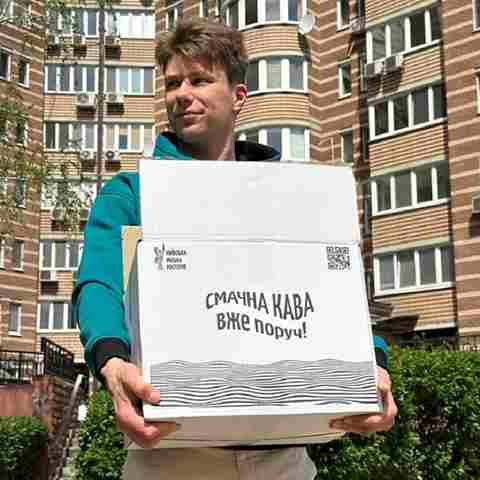
Frequently asked questions about coffee calories
1. How many calories are in a cup of sugar-free coffee?
Pure black coffee contains about 2 kcal per 100 ml.
2. How to reduce the number of calories?
It is better to drink it without sugar, milk and cream, or replace them with low-calorie alternatives.
3. Can I drink coffee while dieting?
Yes, but ideally without additives that increase calories.
Calorie content varies depending on the type of coffee, brewing method, and additives. Pure black coffee is the best choice for those who are watching their weight. Once you understand how additives affect the energy value, you can enjoy a cup of your favorite drink without harming your figure.

